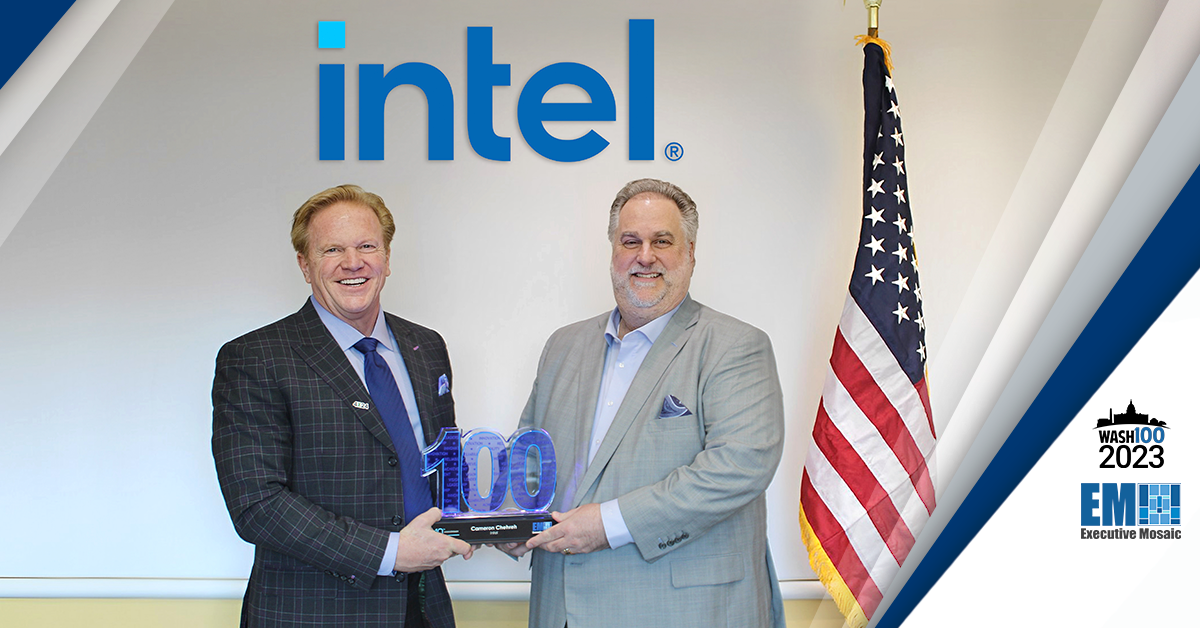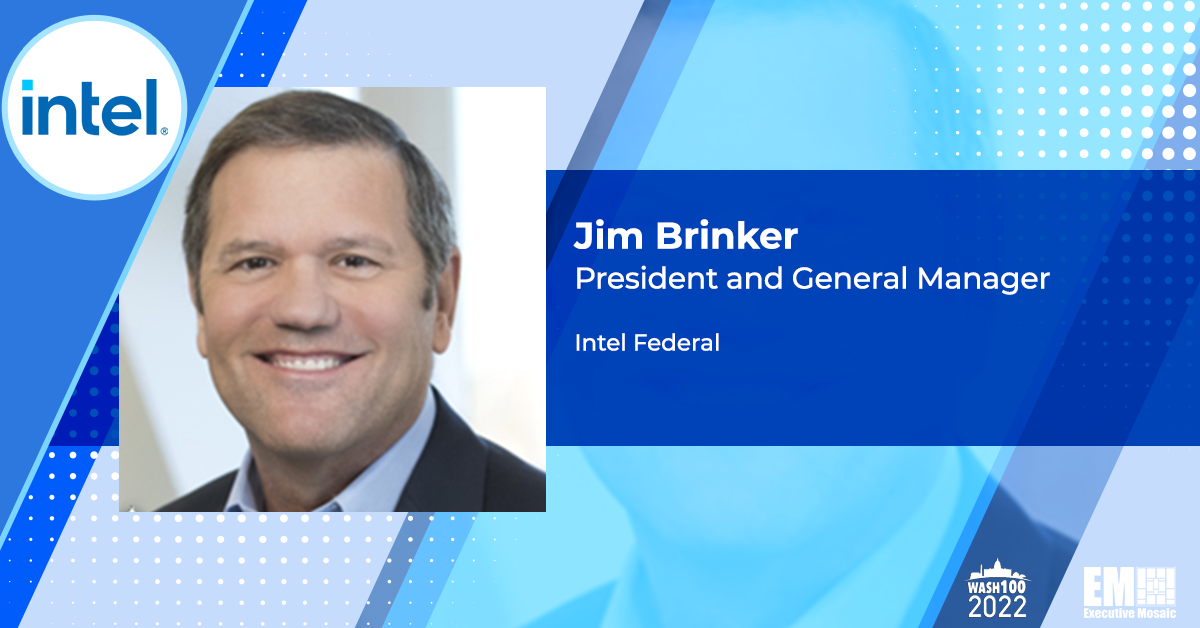Semiconductor chips underpin nearly every technology, weapon system and digital capability across the Department of Defense, making them increasingly important for a wide array of government and military missions. However, the United States’ production of these chips has fallen in recent decades, threatening our technological standing on the global stage.
The CHIPS and Science Act was signed into law in August 2022 to change this dynamic, boost domestic chip production in the U.S. through a more than $50 billion investment and allow the country to regain its once-held advantage in this critical technology area.
Executive Mosaic spoke with Intel Public Sector Vice President and General Manager Cameron Chehreh in an exclusive video interview to better understand how the CHIPS Act is benefitting the microelectronics industry and what’s on the horizon for semiconductor innovation.
“Arguably, the CHIPS Act has been a very quintessential piece of legislation that we’ve not seen really since the Cold War era,” said Chehreh, a 2023 Wash100 Award winner, in conversation with Executive Mosaic’s Summer Myatt. “It’s a testament to our government and the forward thinking that our leaders have when you think about how we remain competitive within the world stage as we exist as a country.”

Chehreh is moderating the expert panel discussion at the 2023 Microelectronics Forum hosted by ExecutiveBiz on July 25. Don’t miss your chance to hear from Chehreh and other public and private sector thought leaders in person as they explore the future of the U.S. semiconductor chip industry — register here.
Today, nearly one year after the CHIPS Act was passed, the semiconductor industry is on the verge of unlocking a myriad of new opportunities, capabilities and technological advancements as innovation continues. As more multi-function use capabilities emerge and “system-on-a-chip” technology develops, Chehreh is anticipating new possibilities and integrations with 5G, artificial intelligence and more.
“Now, all of a sudden, this whole new world opens up to me to be able to really deal with the tactical edge in the mission space, because these chips I can now embed in just about anything. And as they become smaller and as we reach the next generation of Moore’s Law with almost 1 trillion transistors on these substrates, it is extraordinary what’s going to happen in the world,” Chehreh explained.
“Being able to get into all these different types of functions, I think is really going to be a game-changing thing in the next three or five or seven years as we get on this journey towards quantum computing and the profound innovations that are going to happen when that happens,” he added.
Find out what’s next for semiconductor investment and innovation in the U.S. — watch Cameron Chehreh’s full video interview here, and join him in person at the ExecutiveBiz 2023 Microelectronics Forum on July 25. Register here.




